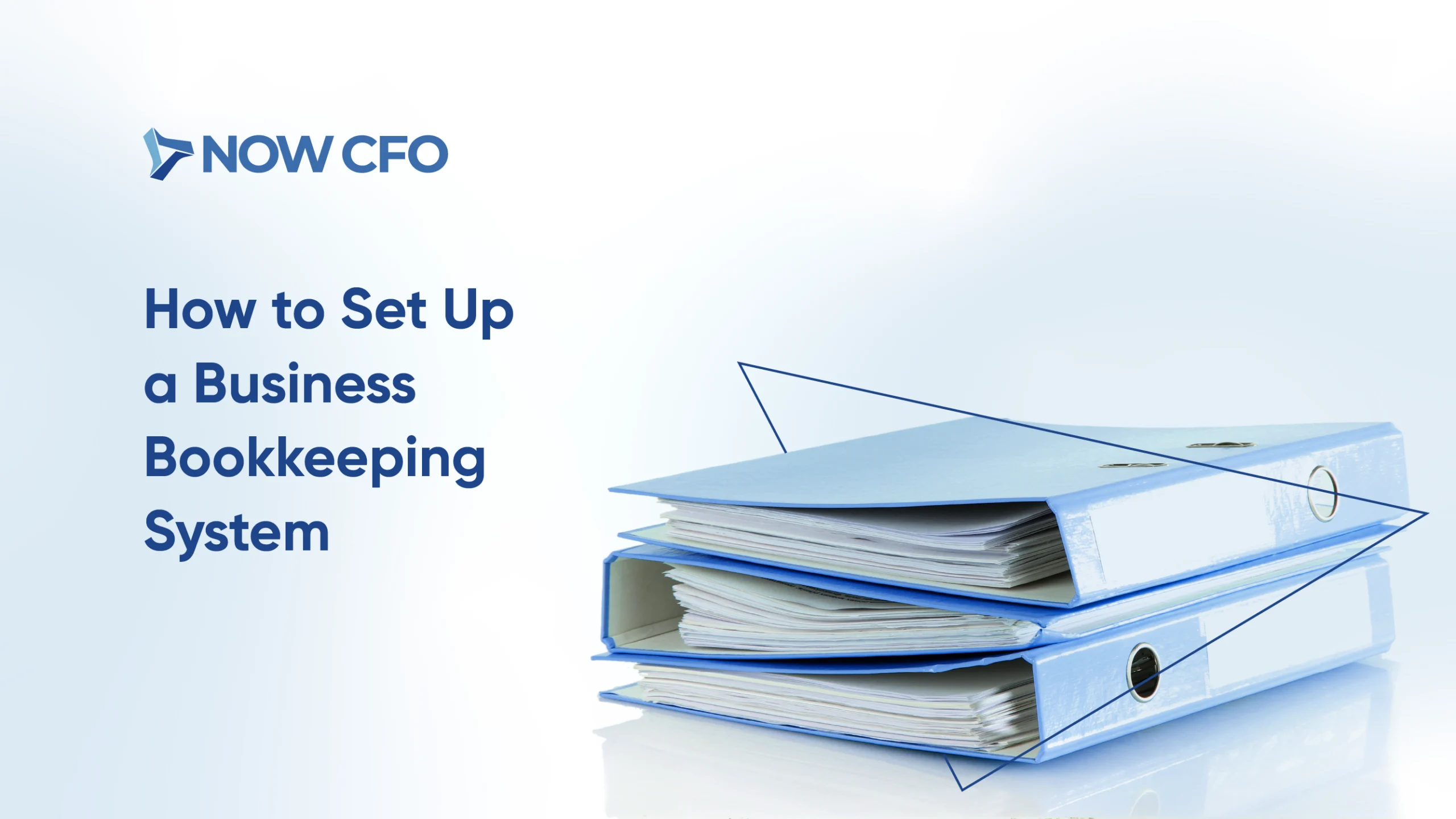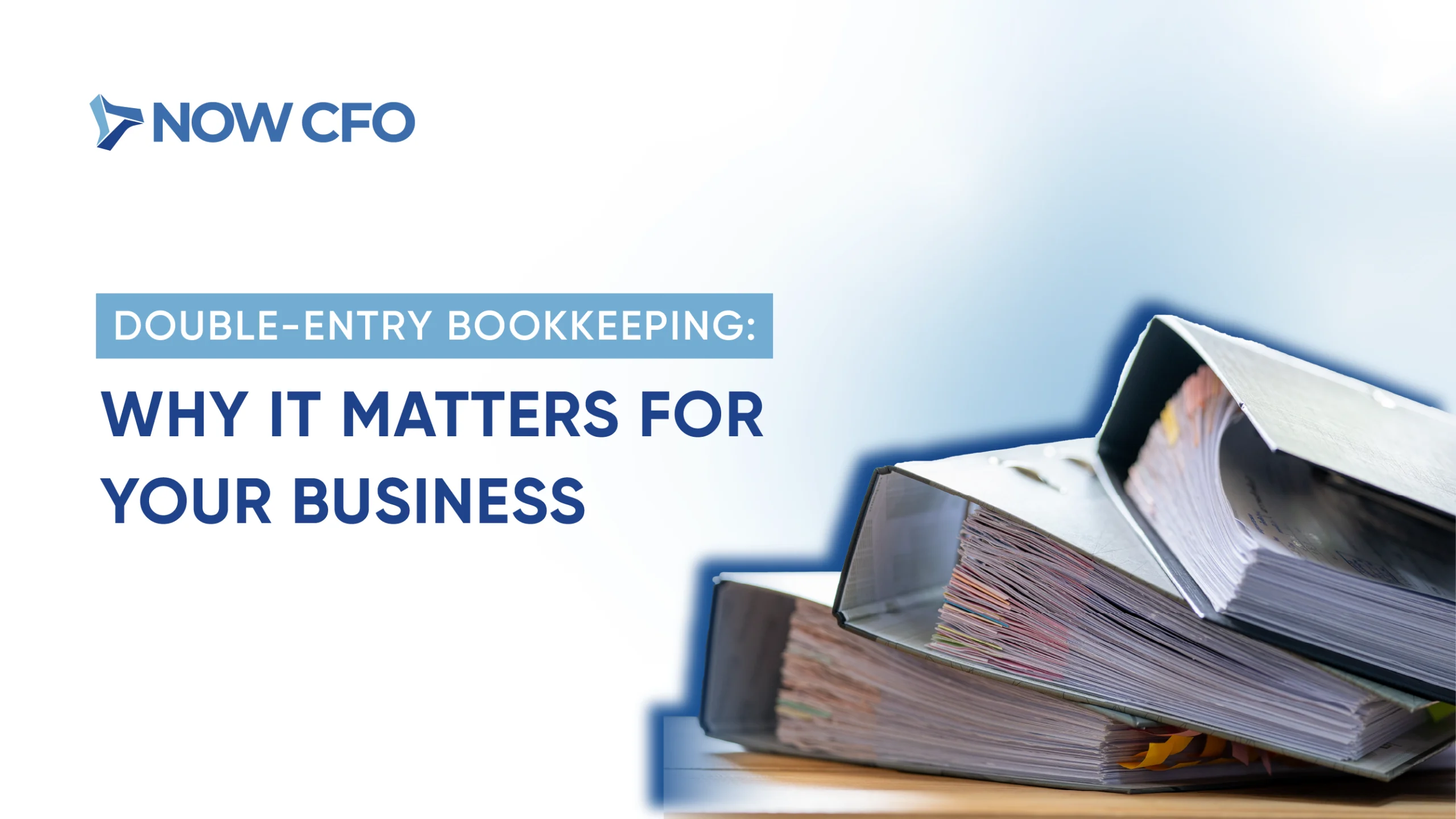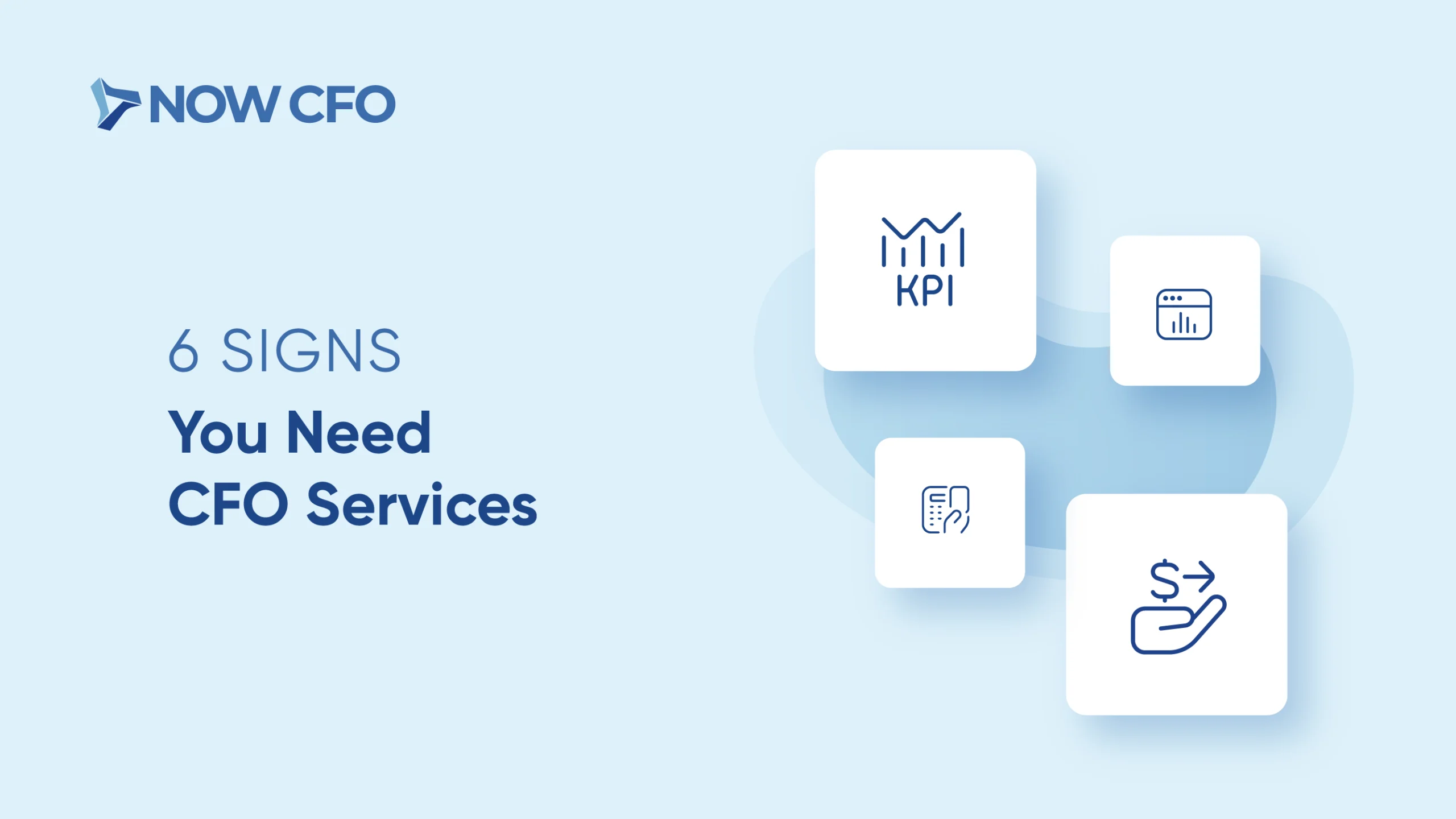
As Small and Medium-sized Enterprises (SMEs) strive for growth, many face financial complexities that can hinder progress. Studies show 82% of businesses fail due to poor cash flow management. This is where a fractional CFO in SMEs steps in.
Offering expert financial guidance on a flexible, part-time basis, a fractional CFO helps SMEs with everything from strategic planning to accurate forecasting, ensuring they stay on the path to sustainable growth. For businesses navigating expansion, this expertise can make all the difference in staying competitive and financially healthy.
What a Fractional CFO Brings to Small and Medium-sized Enterprises (SMEs)?
Financial forecasting is crucial to managing an SME. It helps predict future revenue, expenses, and cash flow, giving businesses a clearer view of their financial health. For SMEs, forecasting isn’t just about surviving the short term; it’s about planning for sustainable growth and making informed decisions.
A financial forecast in an SME typically involves estimating key metrics such as sales, operating costs, and capital expenditures over a specific period, often a year or more. Accurate forecasting enables SMEs to:
- Plan for growth by identifying future opportunities and challenges.
- Manage cash flow effectively, ensuring the business has enough liquidity to cover expenses and invest in new initiatives.
- Prepare for uncertainty, such as economic downturns or market shifts, helping the business stay resilient.
The need for forecasting becomes even more pronounced for SMEs due to their limited resources. Small businesses don’t have the luxury of large financial cushions, so anticipating cash flow shortages or other financial challenges is critical to survival.
Why Is Financial Forecasting So Important?
- Informed Decision-Making: Forecasting allows business owners to make data-driven decisions rather than relying on gut instincts. Whether it’s deciding to hire more staff, expand operations, or invest in new technology, having accurate financial projections minimizes risks.
- Capital Management: Managing capital efficiently is particularly important for SMEs, which often operate with limited funding. Proper forecasting helps businesses determine when to seek additional financing through loans or equity investments and ensures that capital is allocated to the most impactful areas.
- Risk Mitigation: SMEs face unique challenges, from market volatility to changes in customer behavior. Financial forecasting helps these businesses anticipate potential disruptions and adjust their strategies accordingly. According to a U.S. Small Business Administration, companies that perform regular financial forecasting and analysis are better positioned to handle economic downturns and other risks.
Key Elements of Financial Forecasting
- Sales Forecasting involves predicting future sales based on past trends, industry analysis, and market conditions. Sales forecasting helps SMEs plan inventory and allocate resources more efficiently.
- Expense Forecasting: Projecting operational costs allows businesses to control overhead and make cost-effective decisions.
- Cash Flow Forecasting: Maintaining a positive cash flow is essential for SMEs. Cash flow forecasting predicts how much money the business will have at any given time, helping avoid liquidity issues.
How a Fractional CFO Drives Accurate Financial Forecasting
A fractional CFO in SMEs is pivotal in financial forecasting, helping business owners anticipate future economic conditions and make informed decisions. Hiring a full-time CFO is prohibitive for many SMEs, making fractional CFOs an affordable yet highly effective alternative for accessing top-tier financial expertise without the full-time price tag.
1. Enhanced Forecasting Models
A fractional CFO in SMEs brings advanced financial modeling capabilities. They use various tools and techniques to create tailored forecasts based on historical financial data, market trends, and company performance. This detailed forecasting helps SMEs make data-driven decisions about where to allocate resources, how to manage expenses, and when to invest in growth opportunities.
2. Customized Budgeting and Financial Strategy
A vital advantage of fractional CFO in SMEs is their ability to align financial forecasts with the company’s long-term strategy. They collaborate closely with business owners to understand their goals. By doing so, they create financial plans that ensure the business remains on track.
Fractional CFOs are also skilled at adapting forecasts as circumstances change. Whether responding to a sudden market downturn or adjusting the budget after securing new financing, they can revise financial models to keep the business agile and prepared for new opportunities.
3. Mitigating Financial Risk
Financial forecasting isn’t just about predicting future revenues. A fractional CFO helps identify potential economic risks, such as market volatility or unexpected changes in operating costs, and builds these into the financial forecast.
By highlighting areas where the business may face challenges, owners can take proactive steps to mitigate risk, whether through cost-cutting measures or adjusting pricing strategies.
This kind of foresight can mean the difference between success and failure for SMEs operating on tight margins. The ability to anticipate and plan for financial risks ensures that the company can weather economic downturns or industry disruptions without significantly impacting cash flow.
Leveraging Expertise: How a Fractional CFO Fuels SME Growth
Growth is exciting and challenging for SMEs. A fractional CFO offers critical support by providing part-time strategic financial expertise, helping SMEs scale sustainably without the overhead of a full-time CFO.
1. Strategic Financial Leadership
A fractional CFO brings high-level strategic planning that aligns financial objectives with long-term business goals. Their role extends beyond day-to-day financial operations to advising on key areas such as capital structure, risk management, and investment opportunities.
This level of insight is invaluable for businesses navigating growth phases, such as expanding into new markets or launching new products. A fractional CFO in SMEs ensures opportunities without overextending itself by ensuring its financial health aligns with its growth trajectory.
2. Cost-Effective Financial Oversight
One of the most significant advantages of hiring a fractional CFO for an SME is cost-effectiveness. Instead of paying a full-time salary, businesses only pay for the expertise they need, making it a flexible solution.
The fractional CFO model provides expert financial guidance during critical periods, such as mergers, acquisitions, or capital fundraising, without the long-term commitment of a full-time hire. This allows SMEs to access the same expertise that larger companies benefit from at a fraction of the cost.
This is crucial for SMEs because it offers financial flexibility while ensuring they make informed decisions.
3. Growth-Oriented Decision-Making
Fractional CFOs drive growth by focusing on key financial indicators that matter most to a company’s expansion plans. They employ advanced financial modeling and scenario planning to help businesses anticipate risks and forecast future performance.
Doing so provides a clear financial roadmap guiding operational decisions, from resource allocation to market entry strategies. This allows SMEs to avoid common pitfalls, such as cash flow issues or misallocating capital during growth phases.
In addition to financial forecasting, fractional CFOs focus on sustainable growth, ensuring that expansion efforts do not compromise the company’s financial stability. Their expertise in aligning financial strategy with business objectives helps foster long-term success through better cash flow management or efficient capital allocation.
A fractional CFO in SMEs can provide the financial leadership necessary to drive growth and avoid common financial pitfalls. Whether creating a strategic plan, managing cash flow, or offering insights for long-term success, a fractional CFO brings valuable expertise without the full-time costs.
If you’re ready to scale your business with tailored financial guidance, contact NOW CFO today to learn how a fractional CFO can help you achieve your goals.














